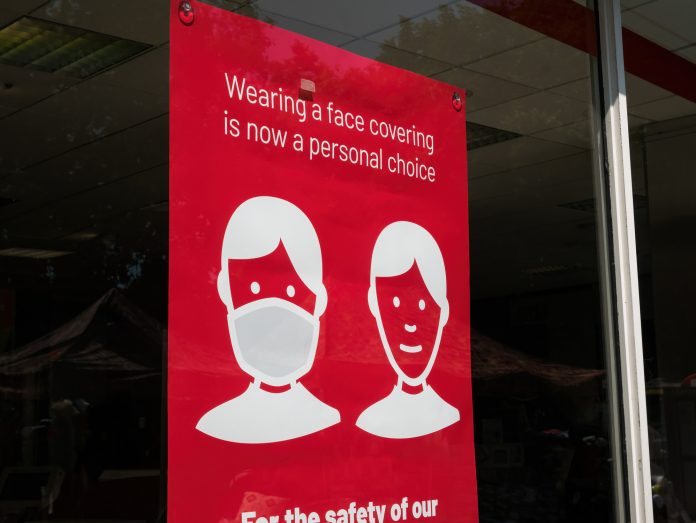Data from an ongoing UK trial finds 99% of COVID cases are Omicron, described as “almost complete replacement of Delta”
The Omicron variant has now made an “almost complete” replacement of Delta in the UK, according to the latest analysis.
The team said that Omicron spread three-times faster than Delta did, while infection among essential workers and those aged above 75 were up.
The Real-time Assessment of Community Transmission (REACT) programme was commissioned by the Department of Health, to track how COVID-19 is spreading. This study has been running for nearly two years, tracking the virus in real-world circumstances across the UK.
One in 23 people had a COVID infection
Now, scientists are tracking “unprecedented” levels of COVID cases across the country. Currently, one in 23 people have had the virus. This is a much higher level of infection than January, 2021, despite the presence of majority double-vaccination across the country.
Professor Paul Elliott, director of the REACT programme from Imperial’s School of Public Health, said: “There is good news in our data in that infections had been rapidly dropping during January, but they are still extremely high and may have recently stalled at a very high prevalence.”
When it comes to age groups, school-aged children have the highest number of infections. At the moment, one in 13 children are testing positive. The lowest level of infection is currently in those aged above 75+.
Despite the latter group of people having one in 41 cases of COVID, this is still a 12-fold increase in contrast to December, 2021.
What is the R number right now?
For the entire study period, the R number was around 0.95.
This means that 100 infected people would more or less pass the virus onto 95 people. This means the overall number of infections is shrinking.
In the most recent analysis, it looks like COVID cases dropped the most in the North West and Yorkshire and The Humber. Right now, the highest level of infection is in the North East – up 1% from December, 2021.
Dr Jenny Harries, Chief Executive of the UK Health Security Agency, said: “The latest round of REACT data reiterates that while case rates have slowed recently, prevalence is still high. Vaccination remains the best way to protect yourself from severe disease and hospitalisation from Omicron, and I would urge anyone who has not done so to come forward for their first, second and third doses as soon as possible.
“The impact the vaccination is having on preventing severe disease and hospitalisations is clear to see.”











